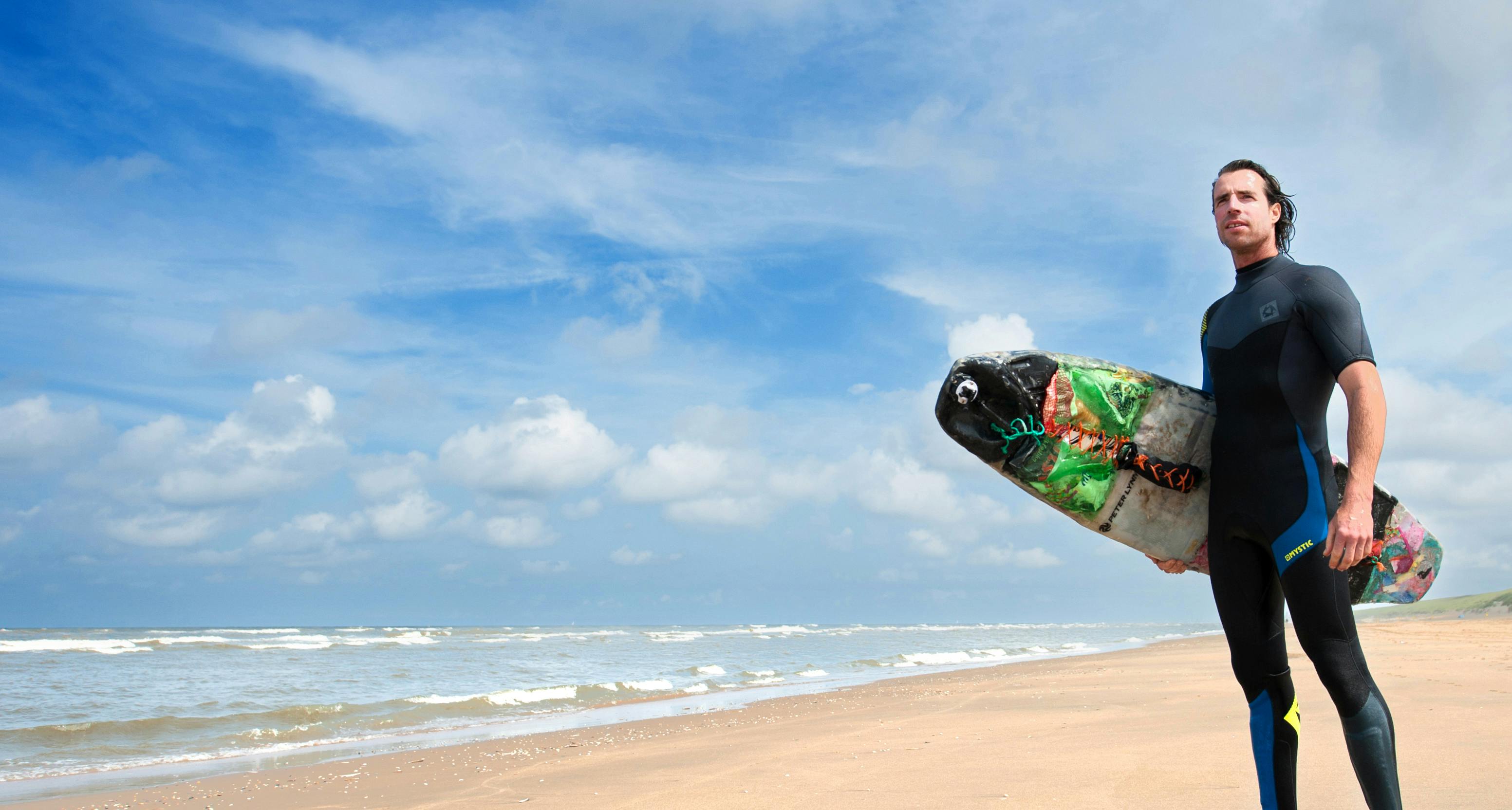This spring’s Nice–Rome expedition is the next chapter. A long solo journey on a self-built board, incorporating littered plastic bottles from the river Tiber, and a clear call for change: Italy can make the same leap. The tools exist. Along the route we call on the litterpick communities to start collecting data instead of only litter. To provide evidence in clearcut numbers. Data is objective not an opinion.
The campaign is not only about Italy. It is about sharing our lessons learned - how to mobilise citizens, collect data and turn awareness into policy. From Oslo to Rome, from the water to the halls of power.
The route is long and often against the current.
But change begins the moment you move.



